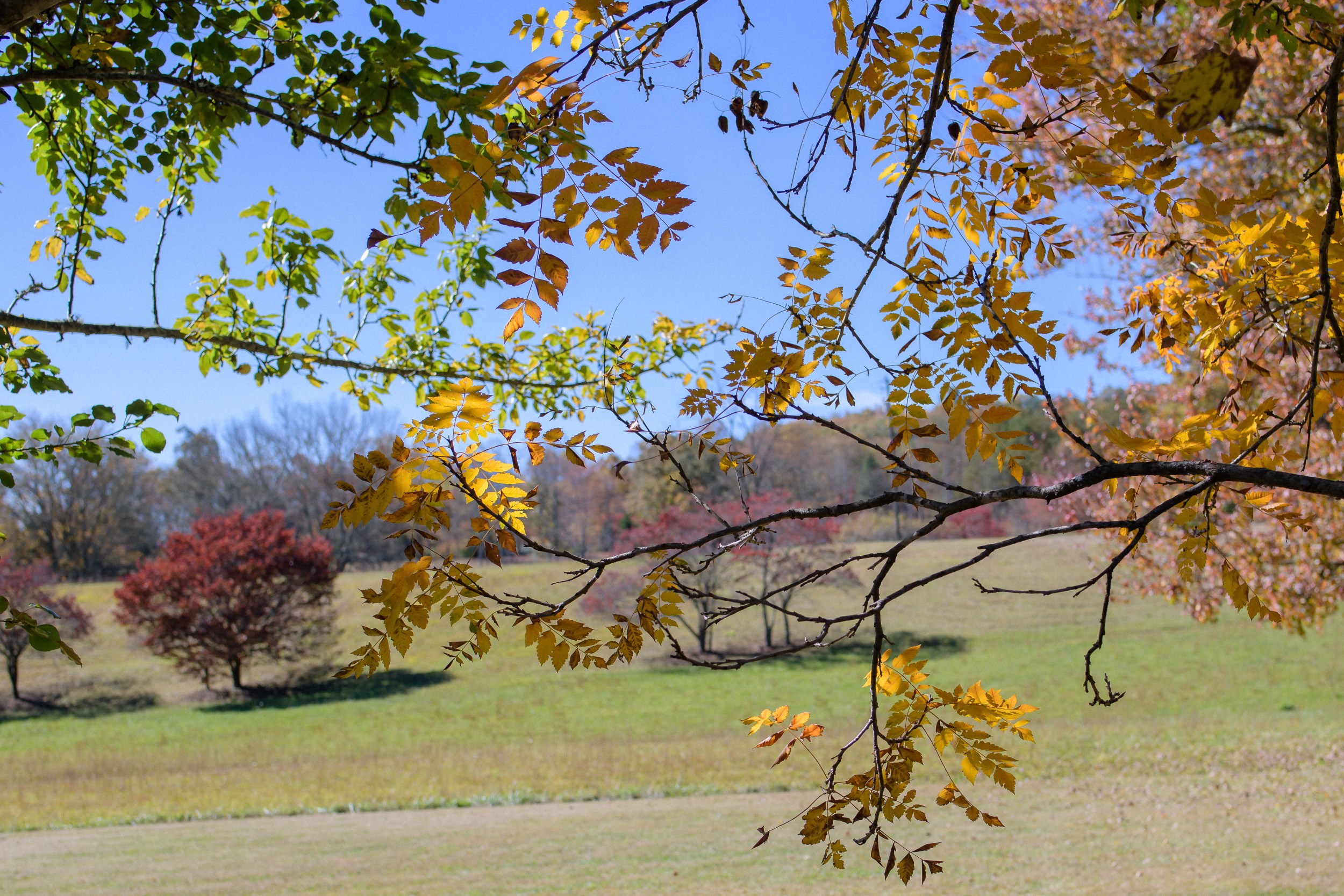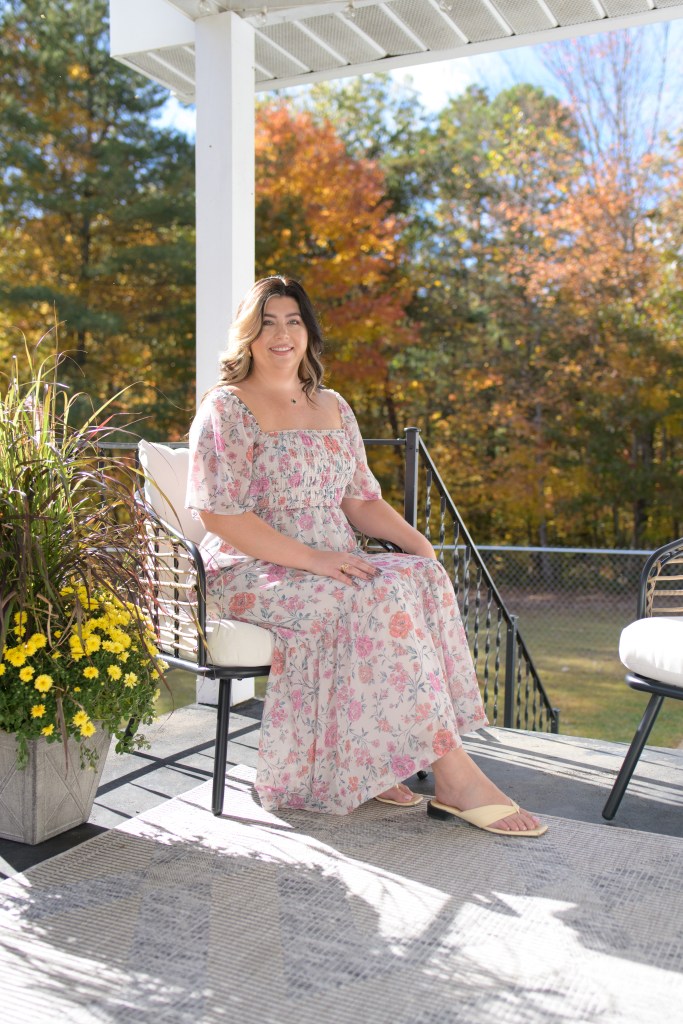Changing travel trends help Indigenous communities benefit from tourism
Key Takeaways
- From 2018 to 2022, nights booked for listings within Indigenous communities have increased by more than 200 percent in the US and 50 percent in Canada.
- In 2022, Airbnb Hosts sharing their homes within Indigenous communities collectively earned more than $219 million in the US and nearly $4 million in Canada.

Key Takeaways
- From 2018 to 2022, nights booked for listings within Indigenous communities have increased by more than 200 percent in the US and 50 percent in Canada.
- In 2022, Airbnb Hosts sharing their homes within Indigenous communities collectively earned more than $219 million in the US and nearly $4 million in Canada.
As we mark National Native American Heritage Month in the US, new Airbnb data shows post-pandemic travel dispersal trends have helped Indigenous communities benefit from tourism. According to Airbnb data, from 2018 to 2022, the number of nights booked for listings within Indigenous communities1 increased by more than 200 percent in the US and 50 percent in Canada.2
This surge in Indigenous tourism opens up new opportunities for Indigenous communities and travelers, alike. Not only does it create a space for cultural sharing and preservation, but it also provides critical revenue to invest back into Indigenous communities. By the end of 2022, Airbnb Hosts sharing their homes in Indigenous communities collectively earned more than $219 million in the US and nearly $4 million in Canada — a combined increase of more than 340 percent from 2018.3
To further support Indigenous communities in unlocking the benefits of the tourism economy, Airbnb continues to partner with several organizations in the US and Canada, including the American Indian Alaska Native Tourism Association (AIANTA), the Eastern Band of Cherokee Indians (EBCI), Indian Dispute Resolution Services, Inc. (IDRS, Inc.), and the Indigenous Tourism Association of Canada (ITAC).
Surpassing pre-pandemic travel
The pandemic fundamentally changed travel trends and helped spark renewed interest in exploring new places, including Indigenous communities. A survey conducted by the Indigenous Tourism Association of Canada (ITAC), for example, found 88 percent of Canadians want to support and partake in Indigenous travel experiences.4
Three years later, travel to Indigenous communities through Airbnb has far surpassed pre-pandemic levels. From January to September 2023, the number of nights booked for listings within Indigenous communities have increased by nearly 150 percent in the US and more than 60 percent in Canada compared to the same period in 2019, pre-pandemic.5
To help Canadians discover Indigenous travel experiences, Airbnb and ITAC joined forces in August 2020 to promote safe and healthy tourism within Indigenous communities. As part of the partnership, Airbnb highlighted listings and activities in Indigenous communities and provided ITAC search and booking insights to help inform their marketing strategy. Most recently, Airbnb supported ITAC’s Indigenous Tourism Destination Fund with the goal of creating a thriving Indigenous tourism economy across Canada.
ITAC recently launched our new Indigenous Tourism Destination Fund (ITDF) program with a goal of creating 800 new businesses and over 21,000 new jobs for Indigenous (First Nations, Metis and Inuit) communities throughout Canada to meet current and future consumer demands. The ITDF is a volunteer program to attract investments to support our Indigenous tourism industry in Canada. I sincerely thank Airbnb for their recognition to become an early adopter and supporter of Indigenous tourism in Canada by supporting the ITDF. We have an excellent relationship and this new support is a leading example for the entire tourism industry to support Indigenous-led tourism strategies in Canada.
—Keith Henry, President & CEO, Indigenous Tourism Association of Canada
Building a more inclusive tourism ecosystem
For more than half a decade, Airbnb has helped introduce people around the world, including those from diverse and historically underrepresented communities, to hosting on our platform through the Airbnb Entrepreneurship Academy.
In June 2021, Airbnb partnered with the Eastern Band of Cherokee Indians (EBCI) to bring the Airbnb Entrepreneurship Academy to the US. Since then, Airbnb has also welcomed Indian Dispute Resolution Services, Inc. (IDRS, Inc.) and the American Indian Alaska Native Tourism Association (AIANTA) as Academy partners.
We applaud Airbnb for working to build a more inclusive and supportive tourism marketplace for our Native Nations and communities. As we look to the future of travel, we’re excited to see vacation platforms like Airbnb support structures and opportunities specific to American Indian, Alaska Native and Native Hawaiian experiences.
—Sherry L. Rupert, CEO, American Indian Alaska Native Tourism Association
The Academy helps connect Indigenous communities to tourism resources, which have traditionally been inaccessible for many of these communities. Through the Academy, participants hear directly from Superhosts and learn how they can support tourism within their communities by turning their spare room or property into a source of extra money.
This is especially valuable for Indigenous communities living in rural areas with few or no hotels, where hosting allows them to welcome more visitors and meet the demand for tourism. In 2022, the typical Host located within an Indigenous community earned approximately $12,000 in the US and $9,200 in Canada.6
Inspiring cultural exchange through travel
One of the things guests appreciate most about traveling on Airbnb is the fact that it helps them truly live like a local. According to a recent survey, 65 percent of Airbnb guests in Canada and the US said traveling via Airbnb made them feel closer to the local culture than staying in a hotel or resort.7
Academy alum Melody says she loves hosting because it helps break stereotypes and demystify how Indigenous people live in the 21st century. After attending an Academy hosted by Airbnb and EBCI, she began listing the home passed down by her grandparents on Airbnb. To celebrate her Cherokee heritage and the nearby Smoky Mountains, she displays work from Cherokee artists and provides information for guests on where to learn more about the Cherokee community and buy authentic Cherokee products.

By being near the guests, I can enlighten them on who Cherokee people are, give some insight into our culture, and dismantle stereotypes of who they believe we are. I have displays of local art such as photography from various Cherokee artists to showcase how talented Cherokee people are. Being able to share my home on the Qualla Boundary helps benefit economic development within my community so that not only myself, but other indigenous business owners can thrive too.
— Melody, Airbnb Host, North Carolina